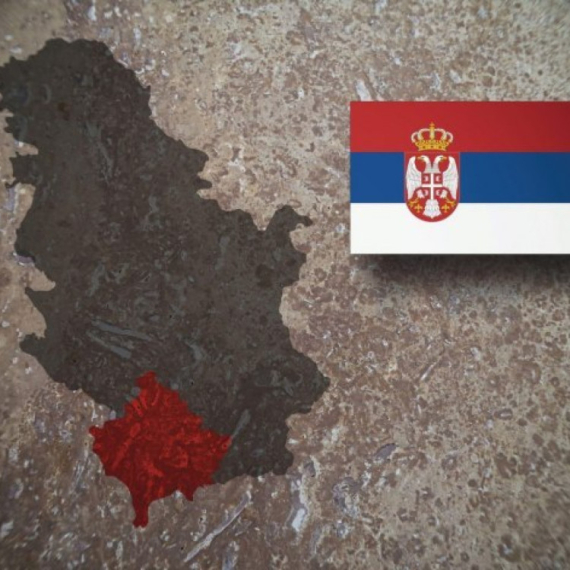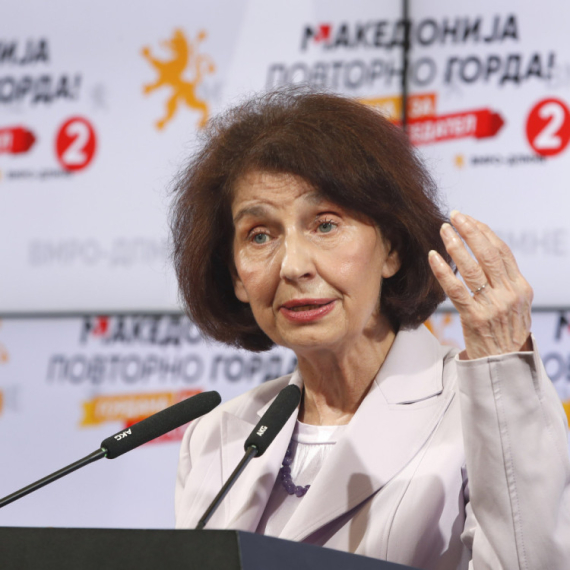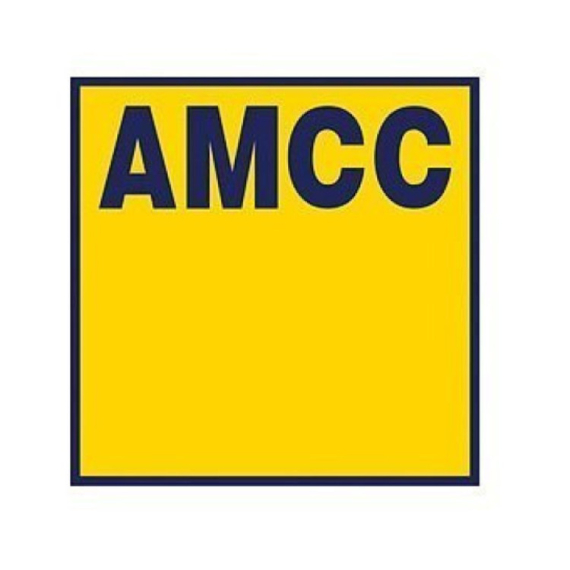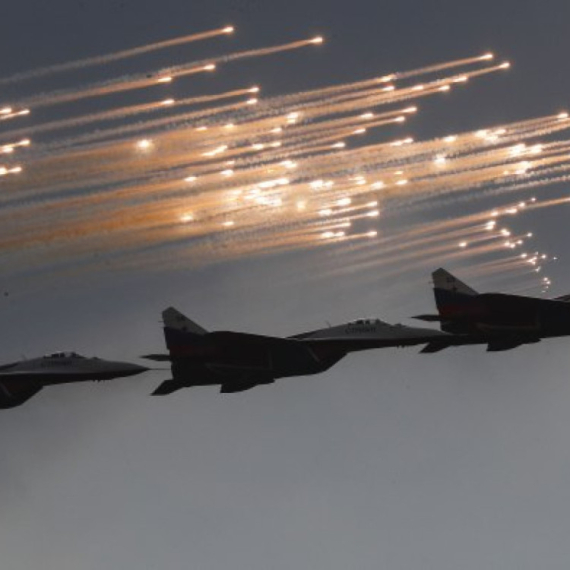“Serbian diplomacy struggling to break with past”
President Boris Tadić yesterday called for the return of 15 ambassadors in order for a so-called regular reshuffle in the diplomatic-consular corps.
Wednesday, 04.02.2009.
12:58

President Boris Tadic yesterday called for the return of 15 ambassadors in order for a so-called regular reshuffle in the diplomatic-consular corps. Their replacements have either limited diplomatic experience, or, in the majority of cases, are officials who have been more active in internal political life. “Serbian diplomacy struggling to break with past” Pavle Jevremovic, Serbia’s permanent representative to the UN, Sladjana Prica, Council of Europe mission chief, Ivan Vujacic, the ambassador to Washington, Dragan Marsicanin, the ambassador to Switzerland, Jovan Maric, the ambassador to South Africa, and Miodrag Isakov, the ambassador to Israel, have all been recalled. Even though this is a regular procedure, internal politics undoubtedly plays a part, says political analyst Simeon Pobulic. Though Serbian diplomacy has undergone many changes since October 5, 2000, it is still under the overriding influence of the political powers within the country, experts believe. “Ambassadorial changes are always effected under the influence of the political situation in a country. Some places less, and some more so. The real question is how professional diplomacy can make its presence felt in such circumstances. It would be better for us to have a stable party political life, and then things would probably look a little different,” Pobulic says. Even though there have been many changes since the regime of Slobodan Milosevic, Serbia still lacks professional diplomats. Analyst Dusan Lazic says that it takes years to create a professional corps, which is why people from all walks of life are currently playing the role of diplomats—often public figures, cultural workers and, inevitably, officials from the ruling parties. “The main danger that has been exposed in the last few years is that the diplomatic service is greatly subject to party interests and needs, so people are coming into diplomacy who are neither qualified by their schooling or other qualities—be it human, mental or anything else—and do not have the knowledge or expertise for these jobs,” Lazic says. Serbia needs a reorganization of its diplomatic-consular network, Lazic believes, adding that a reorganization would lead to professionalization. Journalist Duska Anastasijevic says that the public has no knowledge of how diplomats are picked or what results they achieve abroad. “We do not have a transparent picture of the way ambassadors are sent abroad, how they are appointed, nor do we have an insight into their work. Currently, with rare exceptions, we can say that most ambassadors are named on the basis of political affiliation,” Anastasijevic says. Foreign Minister Vuk Jeremic announced changes earlier in the year, stating that the diplomatic corps needed to be freshened up. At the Foreign Ministry’s ambassadors’ conference, President Boris Tadic also announced reforms, stressing that party affiliation would no longer be a key factor. (FoNet archive)
“Serbian diplomacy struggling to break with past”
Pavle Jevremović, Serbia’s permanent representative to the UN, Slađana Prica, Council of Europe mission chief, Ivan Vujačić, the ambassador to Washington, Dragan Maršićanin, the ambassador to Switzerland, Jovan Marić, the ambassador to South Africa, and Miodrag Isakov, the ambassador to Israel, have all been recalled.Even though this is a regular procedure, internal politics undoubtedly plays a part, says political analyst Simeon Pobulić.
Though Serbian diplomacy has undergone many changes since October 5, 2000, it is still under the overriding influence of the political powers within the country, experts believe.
“Ambassadorial changes are always effected under the influence of the political situation in a country. Some places less, and some more so. The real question is how professional diplomacy can make its presence felt in such circumstances. It would be better for us to have a stable party political life, and then things would probably look a little different,” Pobulić says.
Even though there have been many changes since the regime of Slobodan Milošević, Serbia still lacks professional diplomats.
Analyst Dušan Lazić says that it takes years to create a professional corps, which is why people from all walks of life are currently playing the role of diplomats—often public figures, cultural workers and, inevitably, officials from the ruling parties.
“The main danger that has been exposed in the last few years is that the diplomatic service is greatly subject to party interests and needs, so people are coming into diplomacy who are neither qualified by their schooling or other qualities—be it human, mental or anything else—and do not have the knowledge or expertise for these jobs,” Lazić says.
Serbia needs a reorganization of its diplomatic-consular network, Lazić believes, adding that a reorganization would lead to professionalization.
Journalist Duška Anastasijević says that the public has no knowledge of how diplomats are picked or what results they achieve abroad.
“We do not have a transparent picture of the way ambassadors are sent abroad, how they are appointed, nor do we have an insight into their work. Currently, with rare exceptions, we can say that most ambassadors are named on the basis of political affiliation,” Anastasijević says.
Foreign Minister Vuk Jeremić announced changes earlier in the year, stating that the diplomatic corps needed to be freshened up.
At the Foreign Ministry’s ambassadors’ conference, President Boris Tadić also announced reforms, stressing that party affiliation would no longer be a key factor.


















































Komentari 1
Pogledaj komentare